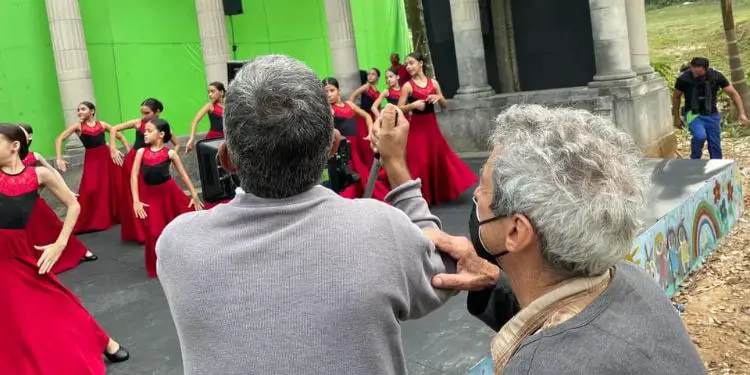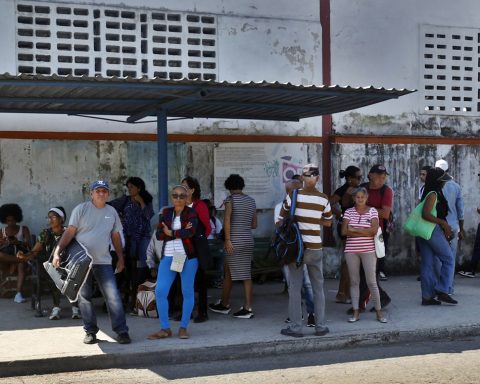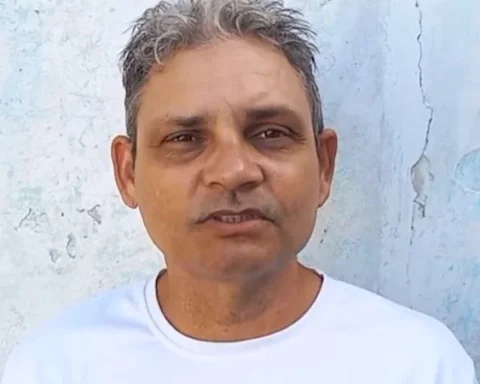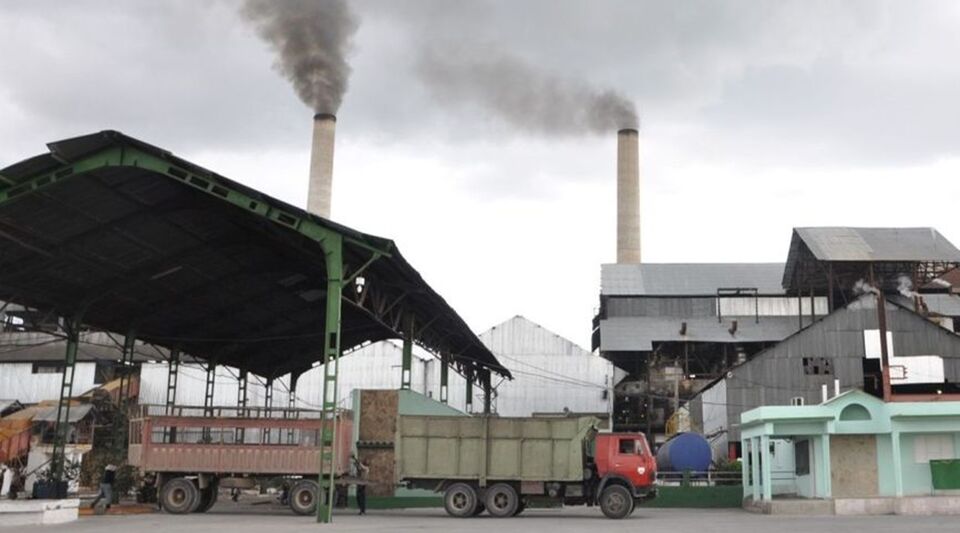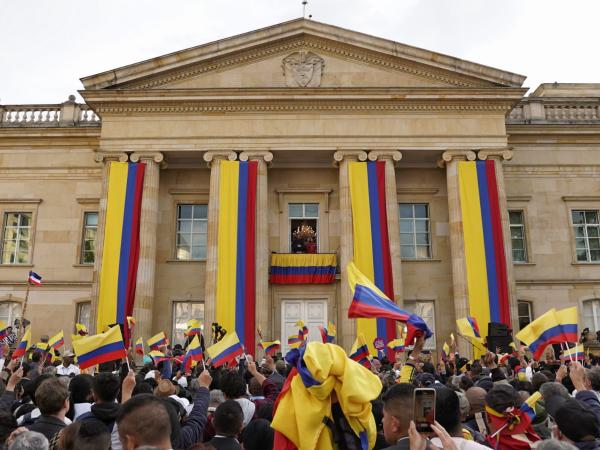MIAMI, United States. – Nelsito’s worldthe most recent feature film by Fernando Pérez will have its premiere in the United States during the celebration of the fortieth miami film festival, from March 3 to 12 of this year. Almost simultaneously, the work will be presented at the Malaga Film Festival.
Pérez is considered the most important film director who is still filming on the Island and has spoken out against the censorship suffered by other of his colleagues as well as in defense of public protests by artists and intellectuals.
In 1998 the founder and director of the Miami Film Festival, Nat Chediak invited him to present life is whistlingwhich caused great commotion due to its courageous content, proposed in metaphors and other surreptitious keys, in the manner of cinema produced by great directors from what were socialist countries in Europe.
The sequence where characters wander through Havana and faint when hearing words like “freedom” and others of the same democratic nature, created an impact in the cultural heart of the Cuban exile.
Then in 2003 his cinema returned to Miami with Havana Suite, luck of love letter to the mythical city. The night it opened at the Gusman Theater was eloquent, the impact of sadness that the stories of real Havanans trying to deal with the daily anguish of surviving the absurdity of a dejected society caused among the public.
Nelsito’s world summarizes, with maturity, the unfathomable vision of the director on the national tragedy, prefigured in the short film Madagascar from 1995, where the characters wander like zombies in a rickety, gray chaos.
This new film manages to elucidate two Cubas that coexist along parallel paths, that of social impotence and the limited initiative of ordinary citizens who see life go by, entangled in the doctrinal skein, without stimuli that make them prosper, and the environment toxic of dysfunctional, unscrupulous beings, both humble and enriched defectors, who could prefigure the future of the Island when politics definitively yields to the pressure of the unsustainable economic crisis.
Nelsito, a 16-year-old autistic teenager, has suffered a car accident. During his convalescence, he ponders in private reflections the rogue and terrifying Cuba that Fernando Pérez presents meticulously, where everyone abides by the law of the jungle, every man for himself. It is the decline of an ignoble society, with no room for the vulnerable and needy.
When Nelsito recovers, his characters return to the reality of the neighborhood where those who suffer from daily stress still maintain a connection of solidarity to survive.
The film seems to speculate on Martí’s mysterious verse where he mentions two homelands: “Cuba and the night.” The “night” in Nelsito’s world It is overwhelming because it is so dented by the ideological refrain alien to reality that the future continues to be a somewhat gloomy chimera.
Precisely because he has remained on the Island during all these years of unrest, Fernando Pérez is the owner of a legitimate concern for the forgotten in the midst of the Cuban conflict, who usually star in many of his films.
It is for the same reason that his vision from Last days in Havana (2016) to Nelsito’s worldboth scripts co-written with Abel Rodríguez, expresses an unfathomable pain on society, a sort of wake-up call.
Paradoxically, two of the film’s actors, yerlin perez and Mario Guerra currently live in Miami, as well as the extraordinary photographer Raúl Prado, who has achieved an atmosphere of lights and shadows inherent to the debacle that manifests the stories imagined by Nelsito.
It is worth remembering that Prado was subjected to an act of repudiation and then detained in front of the studios of the Cuban Institute of Radio and Television (ICRT), together with other artists, during the anti-government protests of July 2021.
Nelsito’s world places us at the crossroads of speculating what the real Cuba is. Unfortunately, everything seems to indicate that the delusion of the adolescent is rooted in the most absolute certainty.
OPINION ARTICLE
The opinions expressed in this article are the sole responsibility of the person who issues them and do not necessarily represent the opinion of CubaNet.
